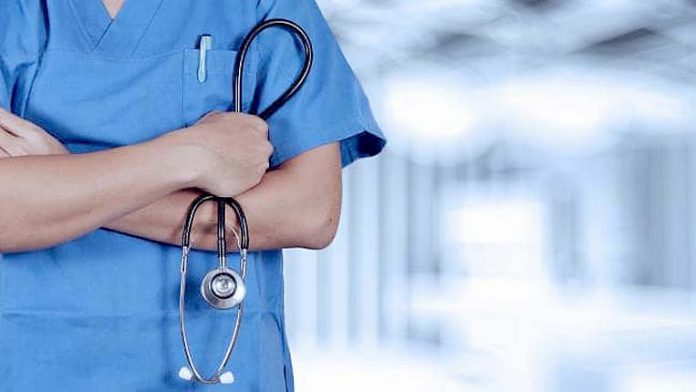A PARLIAMENTARY committee has recommended an investigation into the “opt-out” system of organ donation in a bid to curb the illegal organ trade.
The move would effectively turn every Australian into a donor unless otherwise specified.
The Human Rights Sub-Committee’s report into human organ trafficking found the demand for donor organs outstrips supply, with 1400 Australians on transplant wait lists.
The report says desperate people, often facing end stage renal disease and other grave conditions, may travel overseas and pay tens of thousands of dollars for an organ transplant where the donor is poor, exploited or unable to give free and informed consent to donation.
It recommends the Federal Government pursue a range of measures to combat illicit organ trafficking, support public health education programs and look at reforms aimed at enhancing the organ donation program.
The sub-committee supported further initiatives towards increasing donation rates, noting a boost could be anticipated to reduce waiting times and mitigate “the perceived appeal travelling overseas for a commercial transplant may hold”.
However, the sub-committee did consider organ supply would not meet total transplant demand in the foreseeable future, with measures to mitigate Australian participation in transplant tourism as being a necessity.
The current model of organ donation is an “opt-in” system whereby individuals register their intent to donate their organs if they are a suitable candidate at the time of their death via the DonateLife website, Department of Human Services, MyGov website or by a hard copy form.
If an individual is then identified as a potential donor upon or nearing their death, families are consulted and make the final decision as to whether organs will be donated.
A majority of Australians – almost 70pc – are willing to donate their organs or tissue when they die, with 90pc of families saying yes to donation when their loved one is a registered donor.
However, the report notes despite the apparent support, only one in three Australians are registered as donors.
The report said although limited evidence was received by the sub-committee with regard to organ donation, it appeared evidence “at least superficially”, supported opt-out strategies in favour of opt-in.
The current Organ and Tissue Authority and Australian Government Health Department’s position on organ donation is that it should remain as an “opt-in system”.
The Health Department observed there was “no clear evidence” to support claims an opt-out model would contribute to higher donation rates.
The department supported the current model, saying it was informed by research, evidence and discussions with state and territory governments.
Australian Organ and Tissue Authority national medical director Helen Opdam expressed doubt the presumed consent model was a “silver bullet.”
The report was tabled in parliament last week.








